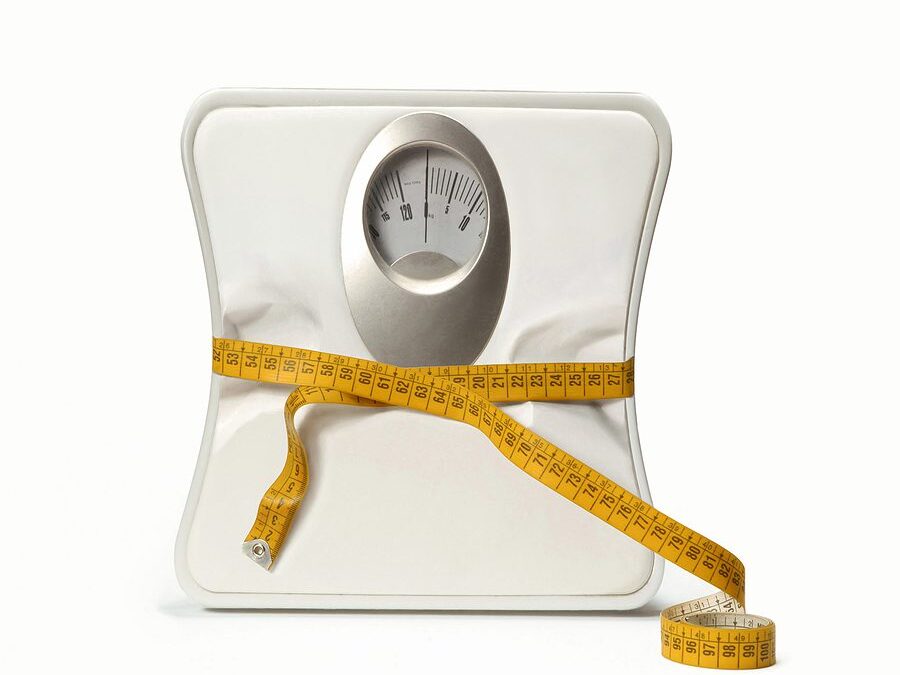By Ann Brenoff, AARP, 2012
More than one out of every three boomers — more than 21 million — will be considered obese by 2030.
Already, we are the demographic with the highest and fastest-growing rate of obesity. As we age, our metabolism slow down and we burn fewer calories — if we don’t alter our eating and exercise patterns, weight gain is inevitable. Obesity can lead to high blood pressure, heart disease, and a host of other life-threatening ailments. Losing just 10 percent of your body weight
Weight slips on with great ease when you are middle aged and getting it off requires a whole new arsenal of willpower weaponry. How much of a problem is obesity in America? A new report says that obesity is responsible for $190 billion a year in excess medical spending (more than even smoking) and the Federal Transit Administration is examining what heavier riders are doing to their buses’ steering and brake systems. Hospitals are replacing older wall-mounted toilets to floor-anchored ones that can better withstand the weight of obese patients. Automobiles are burning almost a billion gallons of gasoline more a year than if passengers weighed what they did in 1960.
Being overweight can also hurt career prospects.
In a study in the International Journal of Obesity, researchers had subjects study a group of resumes with photos of applicants attached before and after weight-loss surgery. The researchers discovered that criteria like starting salary, leadership potential and the selection of the candidate for the job were all negatively affected for women who were considered obese,” Time magazine reported.
And while we have had plenty of attention focused on childhood obesity, there’s also a problem going on at the other end of the birthday scale. What happens in middle age seems to most people to be body betrayal. The food, routines and exercise habits that got you through your 30s and 40s somehow do not matter anymore. Without any radical change in what you have always done, you suddenly find that you are gaining weight with a vengeance.
How will you cope with your weight?
There are two approaches to coping with this when it happens: You ignore it and just buy a new wardrobe in a bigger size, or you pre-empt your doctor writing out prescriptions for anti-cholesterol and high-blood pressure drugs and decide to fight back.
In this AARP article by Ann Brenoff, she stated that she chose the latter, describing it as quite a battle. What did Ann do? First, all the carb-loaded cereal boxes and breads got tossed out the window, along with the high-fat red meats and her much-cherished glass of wine with dinner. An stated that she had never taken a shine to exercise and hitting middle age didn’t change that. (“The treadmill in the garage, purchased with the best of intentions, serves primarily as a platform for storing boxes of out-of-season clothes — most of them still too small for me.”)
For Ann, removing temptations has been critical. Gone are all the chips, sweets, cupcakes and Friday night pizzas for dinner, much to her kids’ chagrin. Family support, which is to say the kids now eat all that stuff out of the back of their father’s car, has been crucial to her success.
What kind of success does a 10 percent weight loss mean?
According to Weight Watchers, by losing just 10 percent of your body weight, you can lower your cholesterol and reduce your blood pressure, decreasing your risk of heart disease. Losing 10 percent of your body weight also reduces the risk for developing Type 2 diabetes by improving the body’s ability to use the insulin it makes. A 10 percent weight loss will increase your feelings of vigor and vitality. “You’ll feel better and have more energy.” Perhaps more importantly, losing 10 percent gives you the motivation to keep going.
“Health-wise, a 10-percent weight loss is a great achievement,” noted G. Ken Goodrick, a psychologist and associate professor of medicine at Baylor College of Medicine in Houston.

